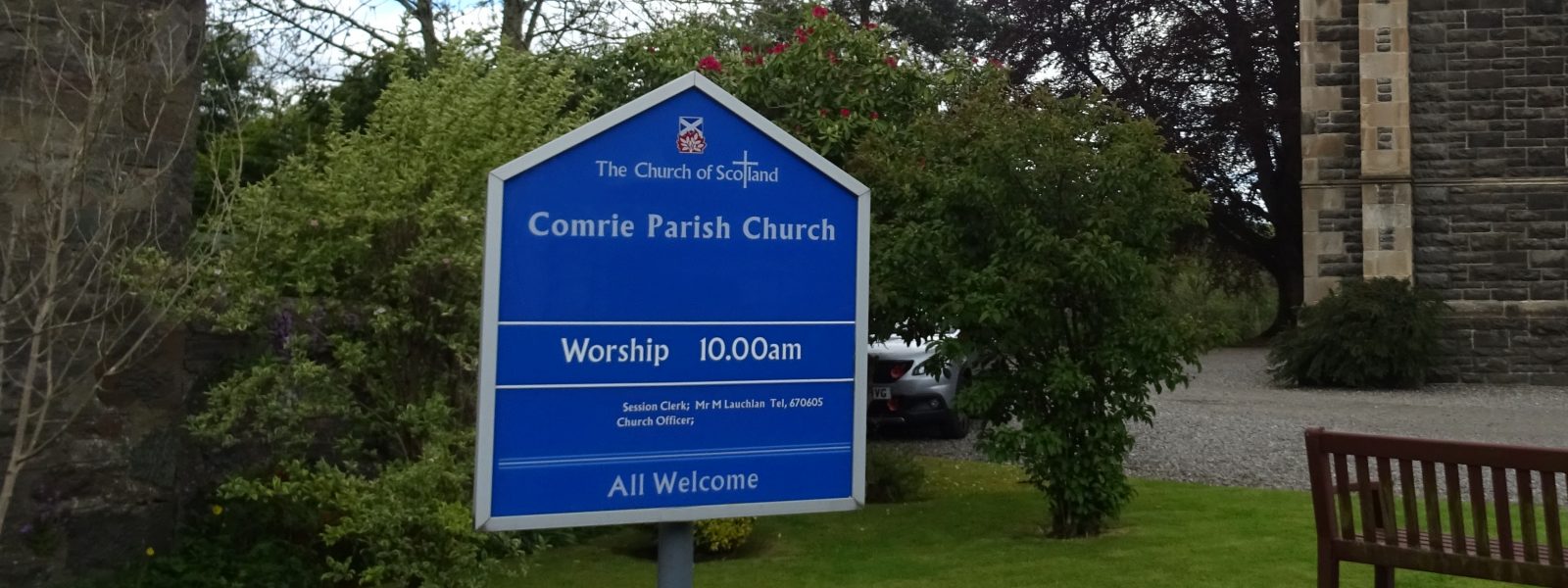Who Stand and Wait
Luke 22: 24 – 27
24 A dispute also arose among them as to which of them was considered to be greatest. 25 Jesus said to them, “The kings of the Gentiles lord it over them; and those who exercise authority over them call themselves Benefactors. 26 But you are not to be like that. Instead, the greatest among you should be like the youngest, and the one who rules like the one who serves. 27 For who is greater, the one who is at the table or the one who serves? Is it not the one who is at the table? But I am among you as one who serves.
On the wall of the classroom in Didbrook Primary school were hung a few ‘improving’ pictures and prints. One I remember was Yeames’ “When did you last see your father”, years later I was very disappointed when I saw the original in the Walker Gallery in Liverpool it did not seem to be anything like I remembered it. Another I recall was a scene of a Military banquet and the heading underneath said “They also serve who only stand and wait” which led me to believe for years that the quotation referred to the Catering Corps of the Army being just as important as the artillery or infantry. It was only many many years later I discovered that the title is actually the final line of John Milton’s Sonnet “When I consider how my light is spent” in which he reflects on his blindness and how the world sees it making him useless yet Milton knows that God has a purpose for all and no disability can interfere with that purpose. A thought that was centuries ahead of its time in the 17th Century!
Jesus came to disturb the status quo, to bring a new order to society and to change humanities perception of itself and the World. There was an established social order those who feast and those who serve them. Jesus will have no truck with this viewpoint.
At the start of the Last Supper he washes the Disciples feet, a job normally done by the youngest and lowest of the company and now in Luke’s account near the end of the evening he reinforces the point.
He did not come as one to occupy the top table but as one to serve. Why when he could have come in might and power did he come in a herdsman shed at the back of a low inn? Why when he could have lived with the rich powerful and influential did he consort with the meek lowly and downtrodden?
Orlando Costas a Puerto Rican who lived most of his early life in poverty as a Hispanic immigrant in USA and knew first-hand the bigotry of racism and prejudice nevertheless became an influential theologian and Christian writer but he addressed the question of why Jesus did not take his seat at the top table when he wrote “Jesus did not stand alongside the haughty and rich. Rather, he stood beside the hungry, thirsty and naked strangers and prisoners, harlots and publicans. All these and more fall into the category of the poor for they have no one to stand on their side”.
No one except Jesus and his followers for they, we, will serve as best we can to bring about the vision that Jesus has of a World where all are at peace and each loves the other as themselves. Milton said no-one is hopeless and useless, we each have a role to play for and in God’s kingdom.
Prayer
A prayer Mother Theresa had on the dining room wall of her home for the destitute in Kolkata:
Lord, when I am hungry, send me someone to feed;
when I am thirsty, send me someone who needs a drink;
when I am cold, send me someone to warm;
when I am sad, send me someone to cheer;
when my cross becomes heavy, let me share another man’s cross;
when I am poor, guide me to someone in need;
when I have no time, send me someone I can help for a few moments;
when I am humiliated, send me someone to praise;
when I am discouraged, send me someone to encourage;
when I need understanding, send me someone who needs mine;
when I need to be looked after, send me someone to care for;
when I think only of myself, draw my thoughts to another person.
In your Mercy hear our prayer ,
Amen

